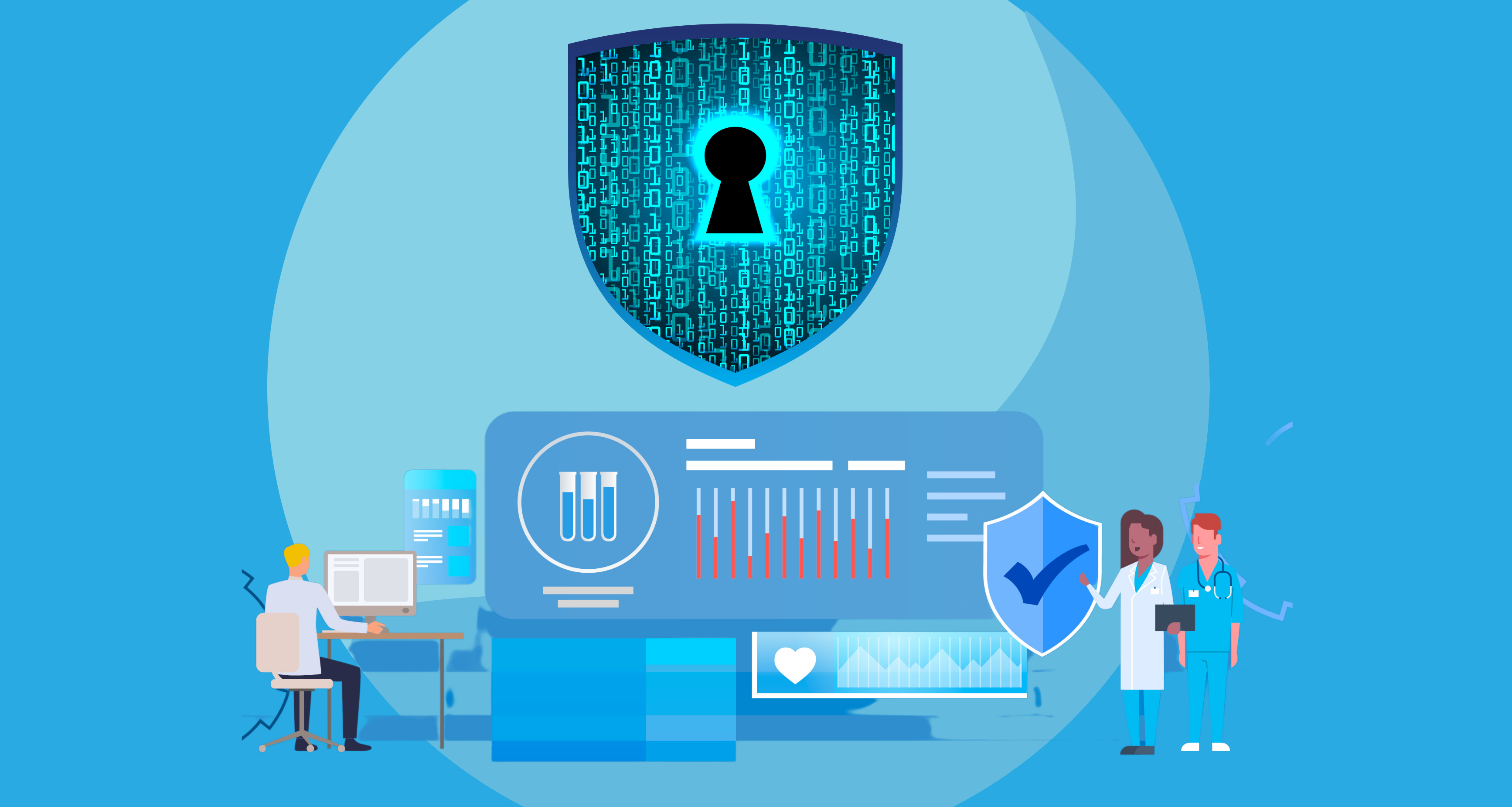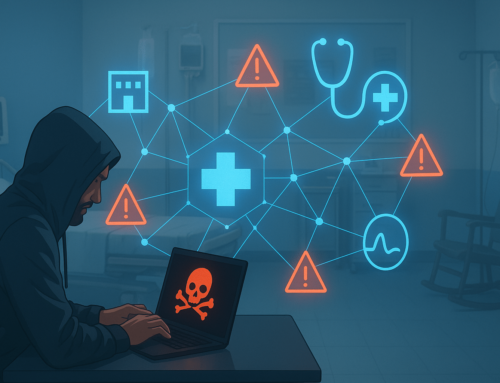
In today’s world, where information is just a click away, the healthcare industry faces numerous challenges regarding data security. With the rapid advancement of technology and the increasing reliance on electronic health records, protecting patient data has become a top priority for healthcare providers. This article delves into critical data security issues in healthcare, emphasizing the need for robust measures to safeguard sensitive information.
The Growing Concern: Security Issues in Healthcare
It is crucial to address and mitigate various security issues that can compromise the confidentiality, integrity, and availability of sensitive patient data.
1. Cyberattacks Threaten Patient Privacy
One of the most significant security issues faced by healthcare organizations is cyberattacks. As medical facilities transition from paper-based systems to EHRs, they become vulnerable targets for hackers seeking valuable protected health information (PHI). The consequences of such breaches are dire, leading to potential identity theft or misuse of sensitive data.
2. Ransomware Attacks Disrupt Services
Ransomware attacks have emerged as a major concern within the healthcare sector. These malicious software programs encrypt an organization’s files and demand ransom payments in exchange for restored access. When hospitals fall victim to these attacks, it jeopardizes patient care and poses ethical dilemmas for decision-makers who must choose between paying ransoms or compromising patient safety.
3. Insider Threats Pose Internal Risks
While external threats receive considerable attention, insiders can also pose significant security risks in healthcare settings. Employees with authorized access to patient records may deliberately or inadvertently compromise data security through unauthorized disclosures or mishandling of information. Stringent employee training and monitoring protocols are essential to mitigate these insider threats effectively.
4. Inadequate Infrastructure and Legacy Systems
Many healthcare organizations rely on outdated infrastructure and legacy systems lacking sufficient security features. These aging technologies often struggle to keep pace with modern cybersecurity standards, leaving vulnerabilities that attackers can exploit. Upgrading existing systems and investing in robust security measures are key to minimizing risks.
5. Mobile Device Vulnerabilities
The proliferation of mobile devices within healthcare settings has introduced a new set of security challenges. Using smartphones, tablets, and wearables for accessing patient data increases the risk of unauthorized access or loss of sensitive information. Implementing stringent authentication protocols and encryption techniques are crucial to safely handling patient data on mobile devices.
6. Unauthorized Access or Disclosure
One of the primary concerns in healthcare data security is unauthorized access to patient records. Whether it’s through phishing attacks or exploiting weak passwords, hackers can infiltrate systems and access confidential medical histories, personal details, or even financial information. Such breaches compromise patients’ privacy and undermine their trust in healthcare providers.
Protecting Patient Data: A Collective Responsibility
Employing robust security measures to safeguard patient data from potential security breaches is essential.
1. Strong Encryption Techniques
Implementing robust encryption techniques plays a vital role in safeguarding patient data. Encrypting both data at rest and during transmission adds an additional layer of protection against unauthorized access. Healthcare organizations must prioritize the adoption of industry-standard encryption methods to ensure confidentiality and integrity.
2. Multi-Factor Authentication
Utilizing multi-factor authentication significantly enhances the security posture of healthcare systems. By requiring multiple forms of verification, such as passwords, biometrics, or smart cards, MFA helps prevent unauthorized access.
3. Regular Security Audits
Regular security audits allow healthcare organizations to identify vulnerabilities and proactively address potential threats. These audits should encompass penetration testing, vulnerability assessments, and comprehensive evaluations of existing security protocols.
4. Employee Education & Training
A well-informed workforce is critical in mitigating security risks associated with healthcare data. Educating employees about cybersecurity best practices, including password hygiene, phishing awareness, and incident reporting procedures, helps create a culture of vigilance against potential threats.
5. Access Controls
Employing strict access controls limits the number of individuals who can view, modify, or share sensitive patient data. This helps prevent unauthorized access from both external threats and insider breaches.
6. Incident Response Plan
Developing a well-defined incident response plan enables healthcare organizations to respond swiftly and effectively in the event of a security breach. This includes steps such as isolating affected systems, notifying relevant authorities, and initiating recovery procedures.
Comprehensive Approach to Data Security in Healthcare
Securing patient data in the healthcare sector is an ongoing battle that requires constant vigilance and proactive measures. As technology continues to evolve, so do the methods used by attackers seeking to exploit vulnerabilities in healthcare systems. By implementing robust encryption techniques, adopting multi-factor authentication mechanisms, conducting regular security audits, and prioritizing employee education and training programs, healthcare organizations can work towards safeguarding patient data and ensuring a more secure healthcare ecosystem for all.
Compliancy Group facilitates data security through comprehensive compliance software. Within the software platform, organizations can conduct security risk assessments, adopt security policies, and train employees.









